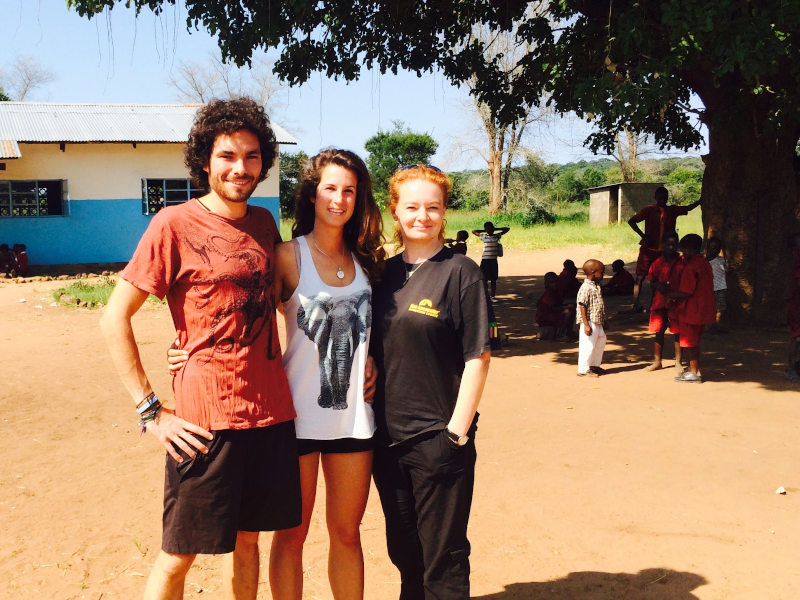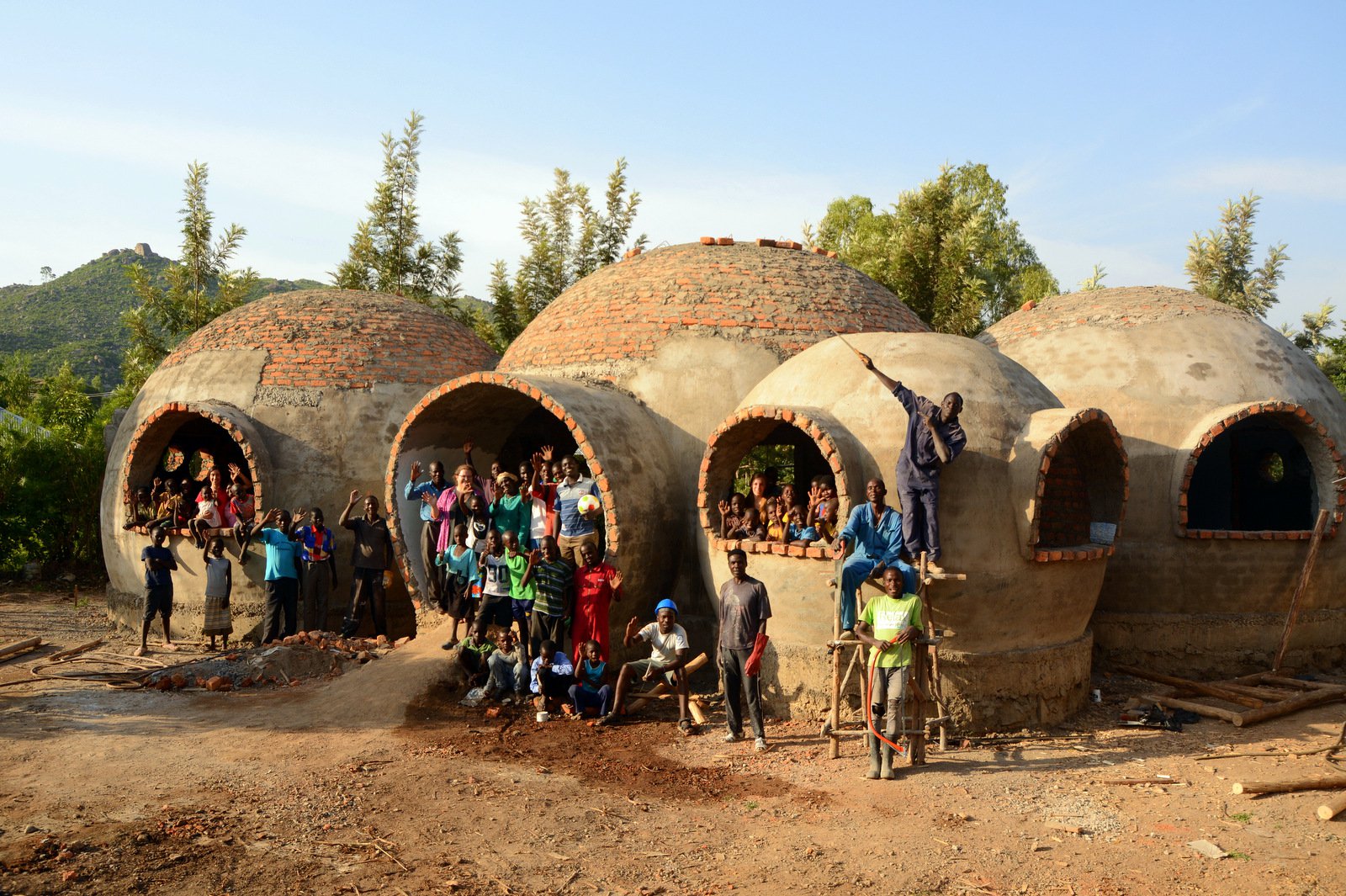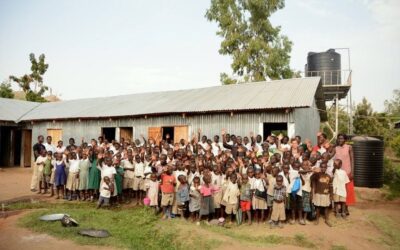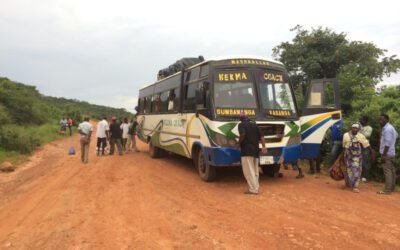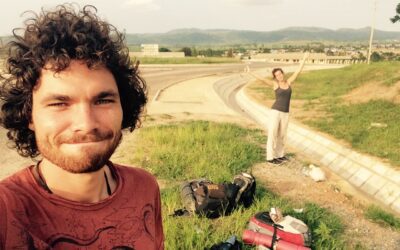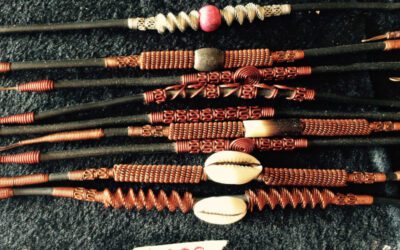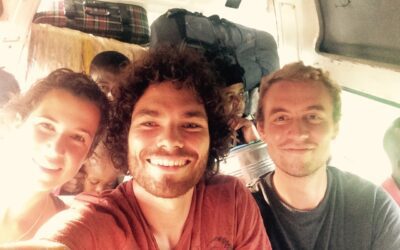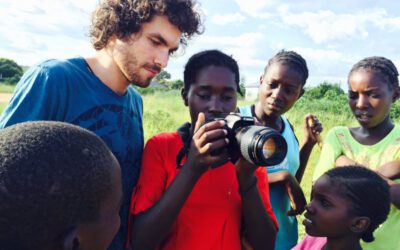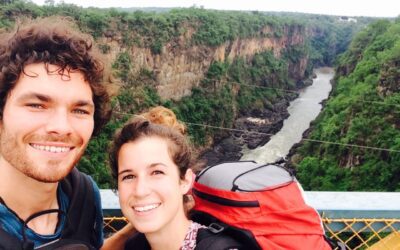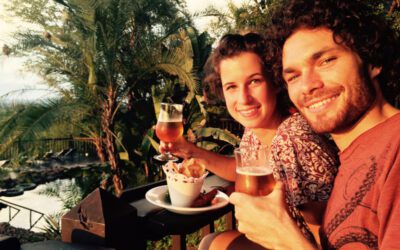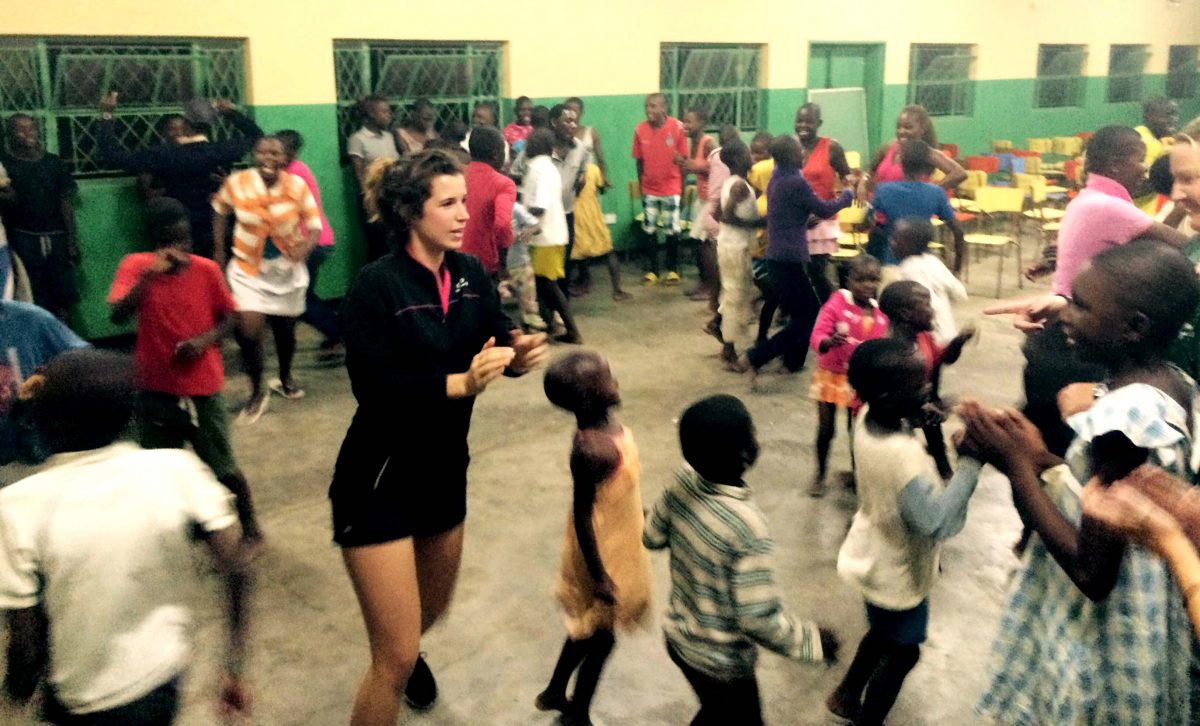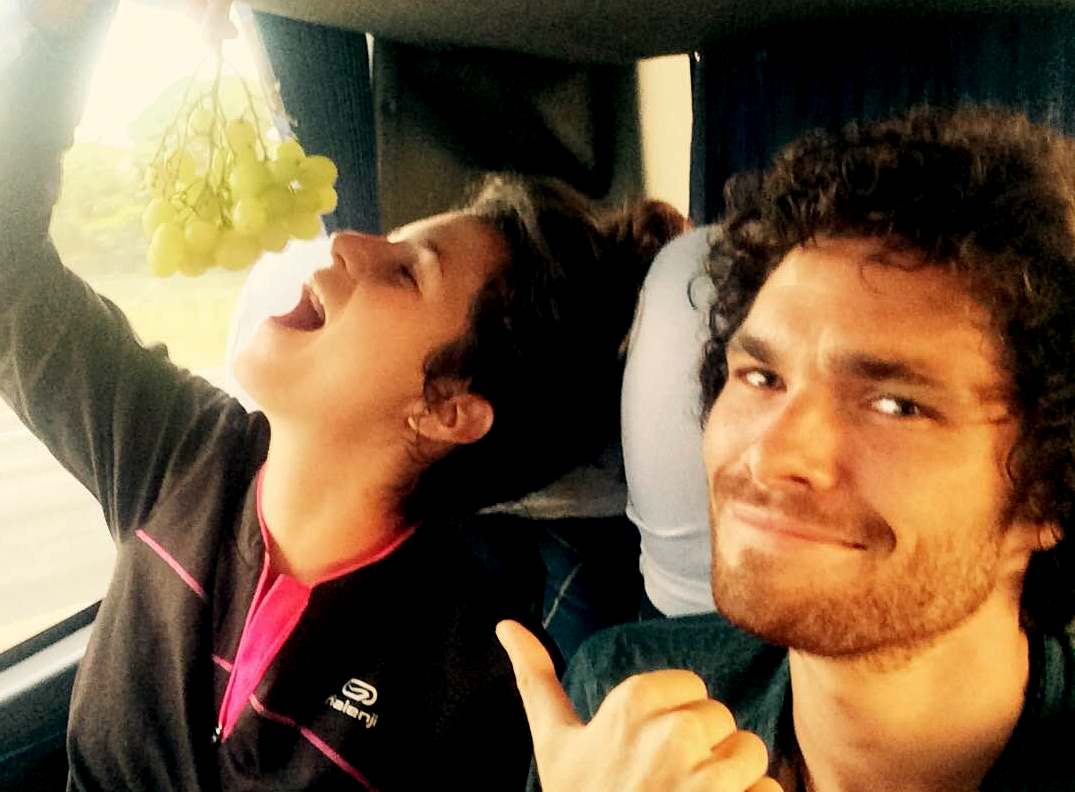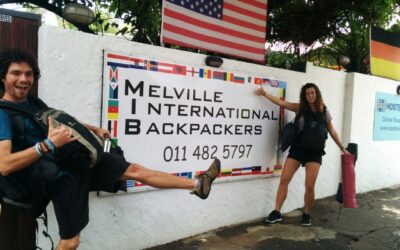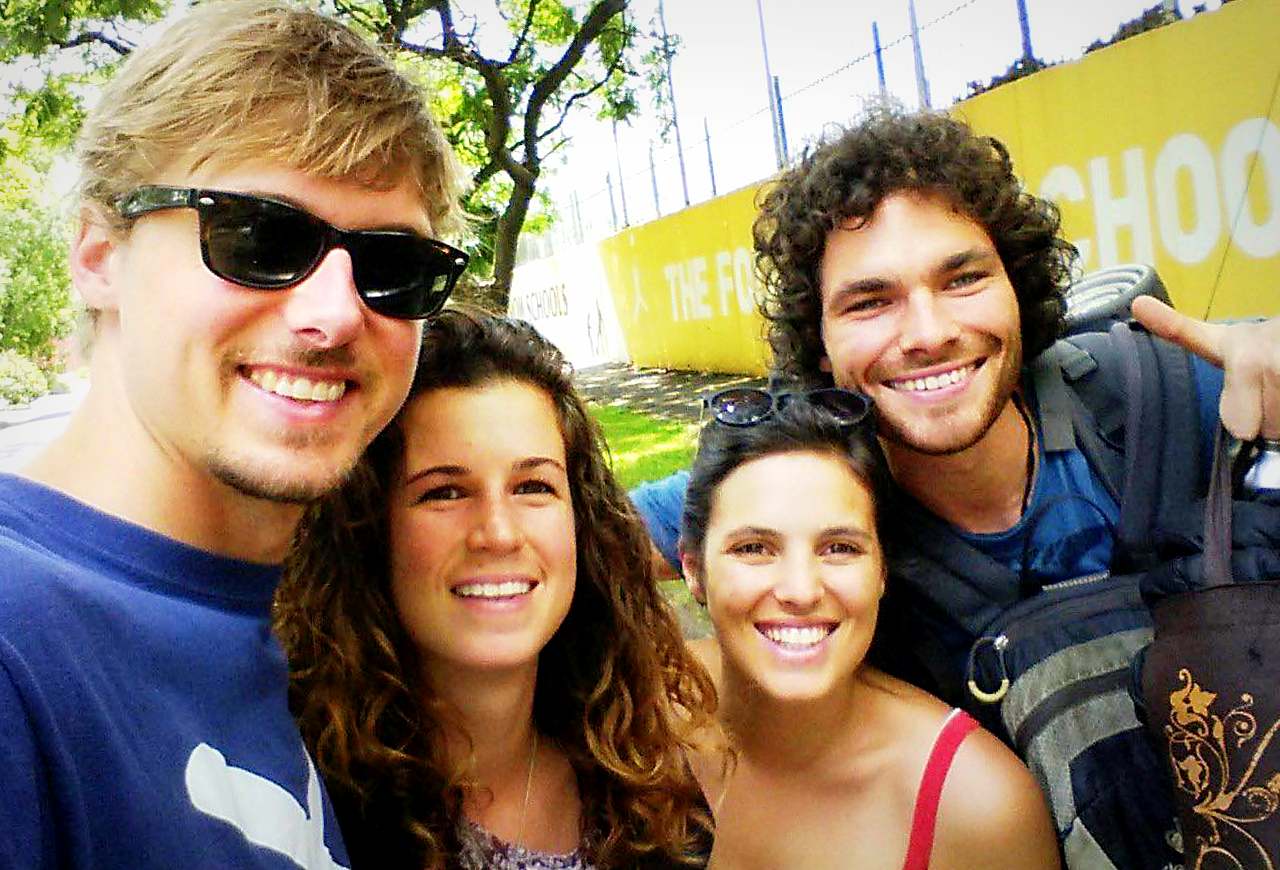We got invited by Lion Encounter to visit their project and get a half day deep dive into what they are doing. Both of us had a completely different idea of what the project was about. I’m glad we got the chance to be on the ground and get all our questions answered by Daryl, the General Manager of Lion Encounter, and Jackie, in charge of ALERT (African Lion & Environment Research Trust).
Daryl and Jackie picked us at 6:20 AM from the Livingstone Backpackers. It took us just 15 minutes to drive into the Mosi U Tunya national park on the outskirts of Livingstone, where the project is based. Half way into the park we left the tarmac road and followed a dirt road to the base camp. It looks like a little farm with a main house and lots of smaller houses and shelters. The neighboring project saves elephants and we could see them from the breakfast table. We met most of the actual volunteers and staff members and they explained us a bit of what the volunteers daily schedule looks like. On a white board was a weekly time table for all volunteers with times and activities. One of the activities would be Lions Walk. An activity we thought was just made for tourists, who would simply come to walk the lions on a line like a pets but we were by far wrong. The “Lion Walk” is one of the core activities for the lions in Stage 1. It allows them to get out of their encounters and develop their natural instincts inside the national park. The volunteers and staff members walk with them but they are free to hunt and to follow their natural behavior. Sounds fun, doesn’t it!
They are developing a model to reestablished captivity lions into the wild. It takes three stages, so three generations to be able to ensure that the released lion will survive in the wild. In a nutshell this is what the model is about.
In 2006, Lion Encounter brought to Livingstone, Zambia the first generation of in lions, which were born in captivity in South Africa. Those Lions have been raised in captivity and therefor never developed their natural instincts and wouldn’t survive in the wilderness.
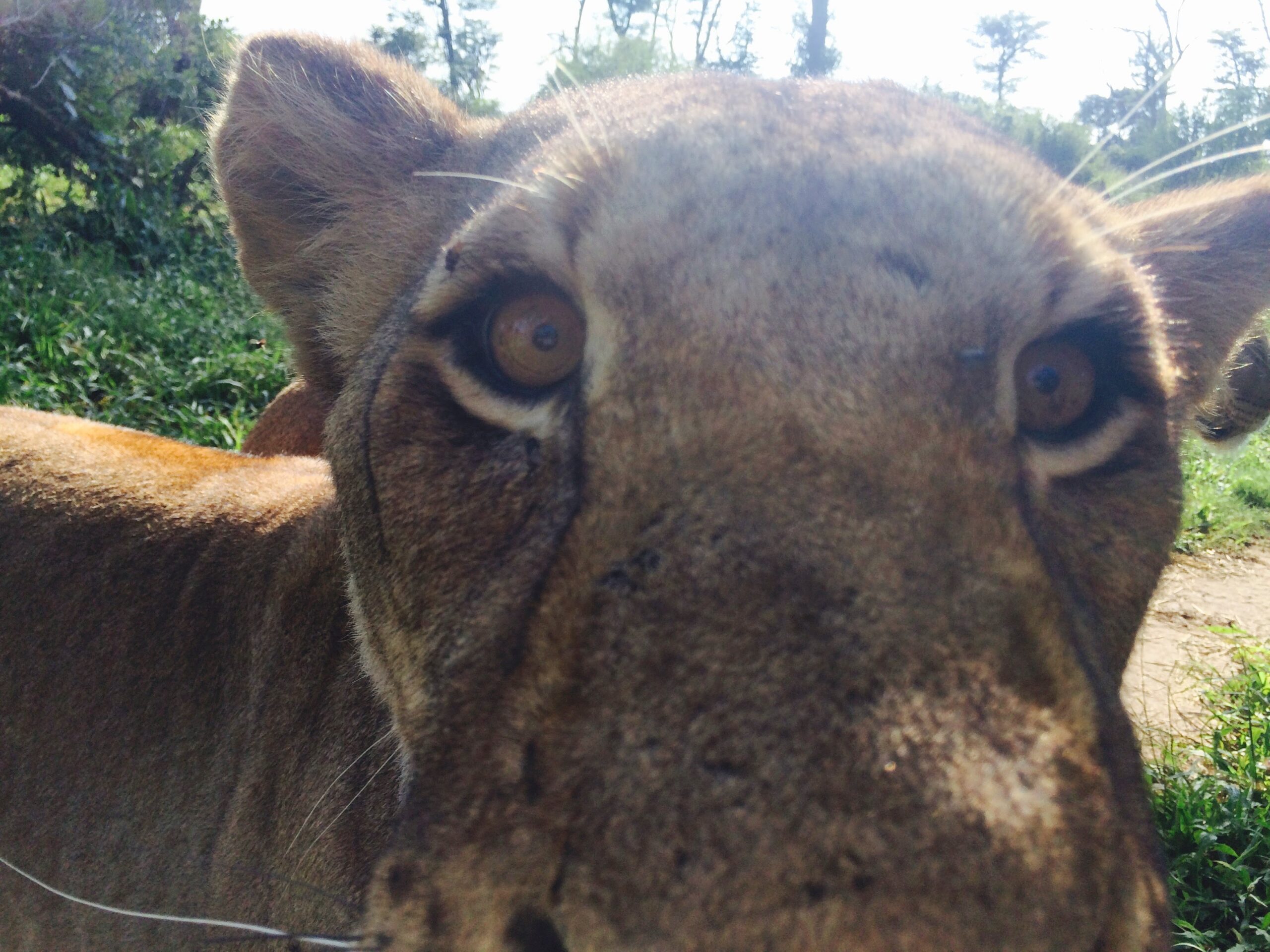
Their cubs, the second generation, were born in captivity as well, but are taken on so called “lion walks” and other natural instinct triggering activities until they reached the age of 18 month. At this age their instincts becomes unforeseeable and it would be too dangerous for the staff and volunteers to handle them. But they are still too young to take care of themselves and therefor have to stay in their small enclosures until the age of 3 years.
At this age, the young lions are mature enough and to be released into the stage 2 of the project: massive fenced park, where they live in a pride together with pray such as Impalas, but no competitors. The team of ALERT continues to trigger their instincts but leaves them by themselves as much as possible. At this point the pride gives birth to the third generation of cubs who will never have any contact with humans. They grow up with their parents in the enclosure and learn to hunt and to rely entirely on their natural instincts. Those semi-wild lions will soon be release into stage 3, a national park where they will live alongside their natural competitors such as Hyenas and Elephants. If the lions of stage 3 successfully adapt to this wild environment, then this model developed by Lion Encounter will be proved and be used all over Africa to breed and reestablish lions out of captivity into national parks after three generations – and thus make a big step away from lion extinction!
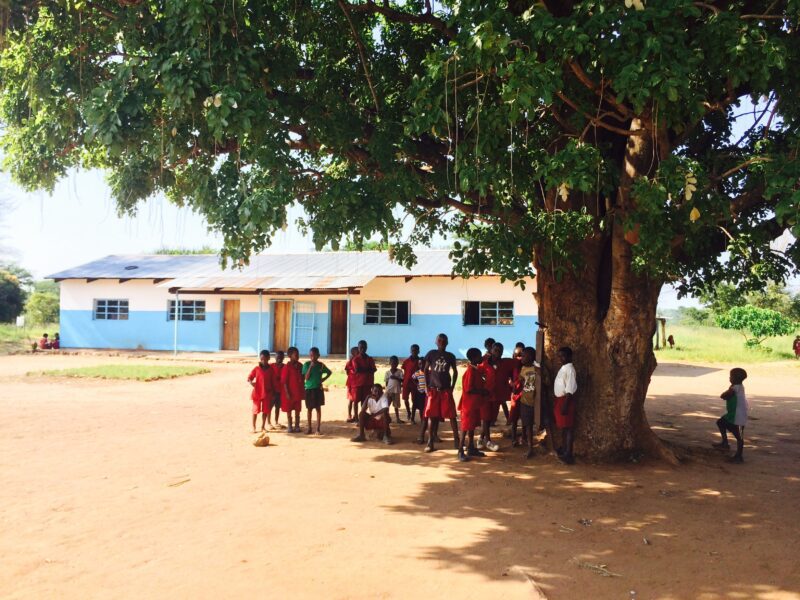
At the school we met the headteacher, who told us about their struggle with the new government specifications such as having computers. The government will give $1 per child to the school to support them. With around 250 children, it would allow them to get just one computer. It wouldn’t be that much of a use anyway, as this school doesn’t even have a power connection…
He also mentioned the shortage of classrooms. With 5 rooms for 8 classes, some pupils have to come only in the afternoon. Staffed with 5 teachers only, one of whom is mostly drunk and doesn’t even come, the school struggles a lot. But he has hope, he said and smiles. “We do the best we can, with the meanings we have”.
Lion Encounter just finished a new classroom building for a nursery school, as this is one of those specifications made by the government. But any kind of financial support for such requirements is missing. Each school has to find individual ways for such projects. With each finalization of a new classroom, the government will provide a new teacher. This is the least they could do!
Big shout out to Lion Encounter, for this very exciting and interesting day. THANK YOU!
More information :
www.lionalert.org
www.lionencounter.com

